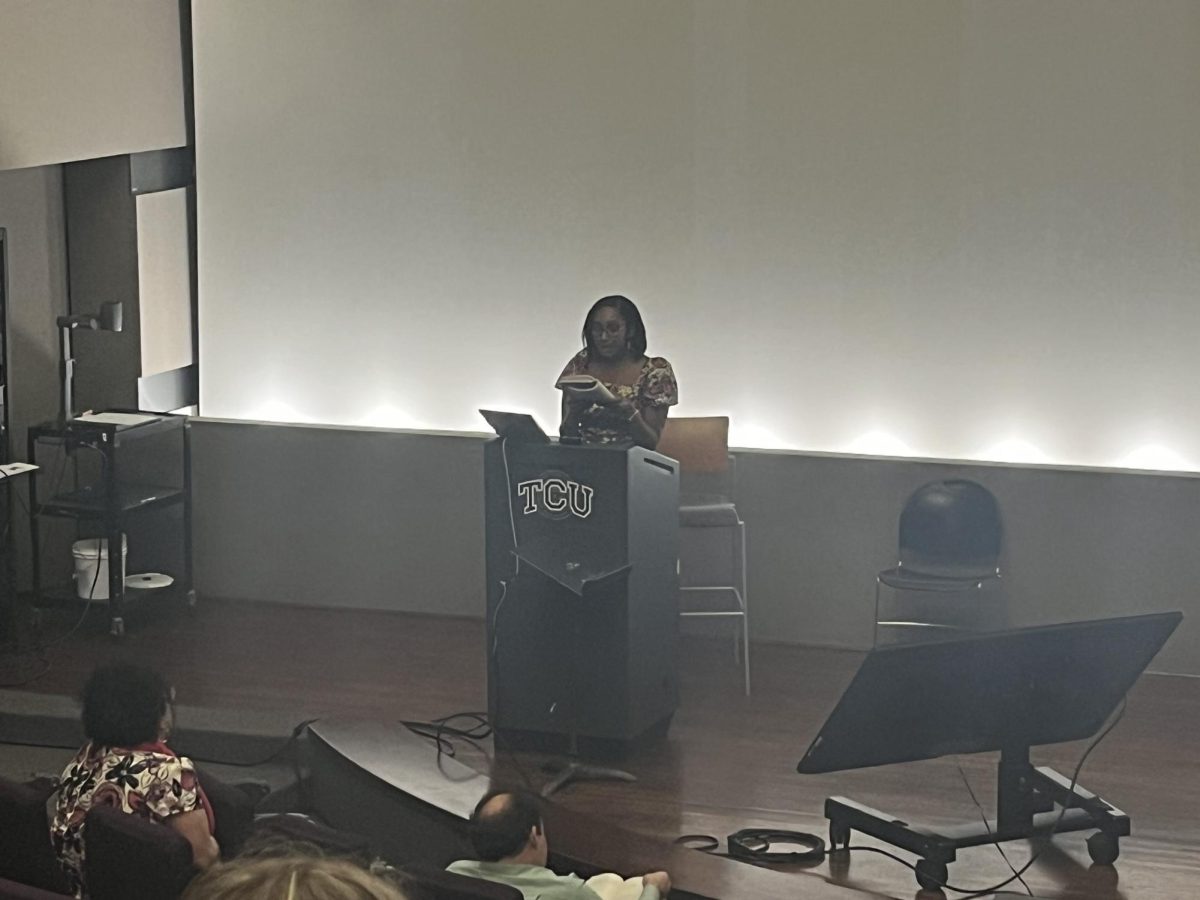Happily ever after – it’s the fitting ending for a fairy tale, or should I say a Hollywood romance? It’s also the very wrong assumption we often make about long-term relationships based on silver-screen fiction.
From the classic “Gone with the Wind” to modern teenybopper chick flicks, Hollywood portrays a predictable progression of the romantic relationship: Boy and girl fall for each other, they face some difficulties along the way, but in the end they are left madly in love. Cut.
And what of the long term, after the steaming passion fizzles? Boring. Nobody wants to watch that part, and Hollywood has no intention of showing it. Tales of 49-year-olds experiencing midlife crises, after all, don’t make profits.
But to impressionable minds, young or old, Hollywood’s unrealistic portrayal of love can lead to false expectations and disillusionment.
The predictable path of silver screen romances is a linear progression. In that progression, a couple will travel from point A, where their desire is just beginning to spark, to point B, where their passion for one another is completely ablaze.
After years of learning from the media, we expect our romantic relationships will follow this linear path. But, as we should well know, Hollywood does not equal reality.
To begin, that flaming passion experienced by fictional lovers – what sociologists call “romantic love” – will soon die out.
“Flaws that seemed ‘cute’ during a whirlwind courtship may become unbearable a year after the wedding,” wrote Nijole V. Benokraitis in his textbook “Marriage and Families: Changes, Choices, and Constraints.”
Don’t you just cringe at the thought of Emmett (Luke Wilson) from “Legally Blonde” criticizing his new wife, Elle (Reese Witherspoon), for her adorable misuse of grammar after the curtain closes?
This departure of romantic love, however, is both natural and necessary. We only begin to believe it is abnormal because society, via Hollywood, tells us so.
In fact, romantic love must give way in order for long-term love to settle in. Long-term love differs from romantic love in that it is more altruistic. Whereas new lovers are often swept away in their own passion, long-term lovers ideally put the needs of their partners before themselves.
Long-term love is also more complicated than romantic love.
As Benokraitis explains, “It takes much less effort to plan a romantic evening than to be patient with a partner day after day.”
This leads to another myth of Hollywood’s linear model: Love continues in a straight line, with few bumps along the way. To the contrary, most successful, long-term couples would describe their relationships as a series of ups and downs.
But, again, taking picture-perfect Hollywood over reality, we become discouraged, even disillusioned when we face a series of roadblocks in our relationships. What we don’t realize is that these obstacles are normal – perhaps even necessary for strengthening our relationship.
As Maroon 5 said, “It’s not always rainbows and butterflies. It’s compromise that moves us along.”
As media influences all other aspects of our lives, it also shapes our perceptions of love. Unfortunately, if taken at face value, Hollywood’s linear depiction of the romantic relationship will leave us disillusioned.
Hollywood insinuates the fires of romantic love will burn forever, but they will not. Hollywood further suggests truly compatible lovers face few obstacles, but this message is not the truth either.
Let’s face it. Producers have only two hours to work with in most romance flicks. We cannot blame Hollywood for making love seem easy. But we must not buy into its dumbed-down depiction of love.
Matt Messel is a sophomore sociology major from Omaha, Neb. His column appears every Thursday.




